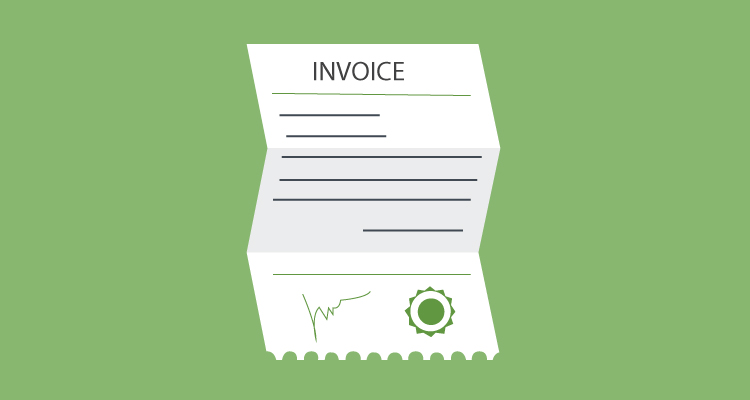The main focus for new freelancers is finding work and filling up a client roster. An area that may get less attention is business systems such as your client on-boarding and bookkeeping processes. These systems are just as important as marketing strategies because it’s how you serve your client and then physically bring in money.
Here are four early invoicing mistakes I made that you should avoid:
Table of Contents
ToggleMistake #1: Using Archaic Bookkeeping Methods to Save a Buck
I started out very scrappy and invested minimally in my business to save money. I created invoices in a Word document and did bookkeeping with a spreadsheet. It’s pretty embarrassing now to think about it.
This method was free, but it was also the pits. A non-professional invoicing system makes you look like an amateur. Basic tasks like keeping up with invoice numbers is a struggle. And filing taxes at the end of the year is a complete nightmare.
Trust me, the hassle of dealing with bookkeeping this way is not worth the few dollars you’ll save per month. Do yourself a favor and sign up for an invoice processing system that will take care of sending invoices and tracking payments. You’ll thank me later.
Mistake #2: Setting Invoice Payment Terms at Net 30
As a newbie business owner, I didn’t know that I had the freedom to set my own payment terms and figured Net 30 was standard practice. Giving clients 30 days to pay me was a huge mistake. A freelance business has minimal overhead, but getting paid once a month from clients is terrible for cash flow.
I ditched the Net 30 payment terms after feeling a financial pinch and made payments due upon receipt. To take this one step further, I began invoicing for recurring projects twice a month on the 15th and 30th. This was a major relief for my bank account.
Mistake #3: Being Scared to Follow Up on Unpaid Invoices
Even after changing my payment terms, I was nervous at first to follow up with clients whenever invoices were taking a while to get paid. I didn’t want to disturb clients or come off as an annoying contractor for fear that they would break up with me because of it.
The problem with this is that clients continue to do what you let them get away with. If you’re lenient with payments, they will continue to push boundaries. No one benefits in this relationship.
You performed a service, and you deserve to be paid. If a client is mean or passive-aggressive when you ask for money or avoids paying you without a valid reason (i.e., requesting edits), then they aren’t someone you want to be working with anyway.
Mistake #4: Not Sending the Invoice to the Right Person
Often the person you turn in deliverables to is not the same person who pays the bills. Find out who needs to get your invoices (usually the accounting department, office manager, or virtual assistant) so they can make prompt payments.
Final Word
New freelancers spend most of their time finding work. I get it; I’ve been there.
However, getting your hands on the money is just as important as finding new projects. Take some time to develop a sound invoicing system so you can get paid properly for your time.














